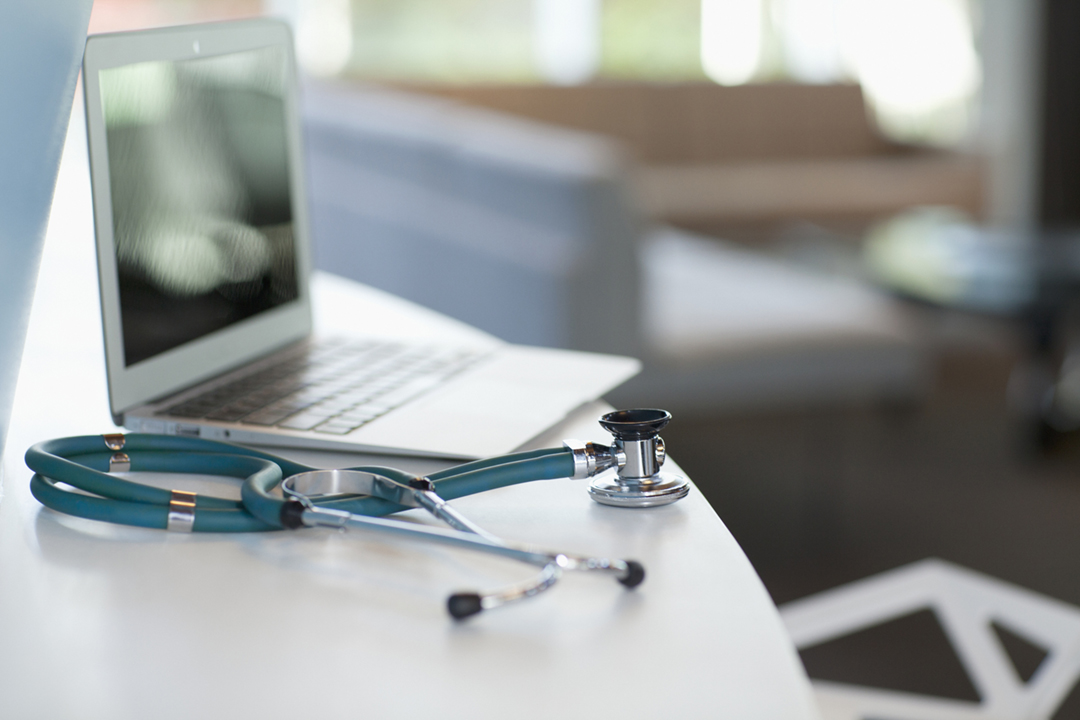Understand the impacts of menopause
Menopause affects millions of Australians, but research suggests there’s a notable lack of understanding about its symptoms, leading to women being underdiagnosed and impacting their ability to work.
We’ve partnered with our Insurer, AIA Australia, in conjunction with the Australasian Menopause Society, to help educate our members – of which approximately 70% are women – about the symptoms and potential impact on their personal and professional lives.
Here are some useful resources from the Australasian Menopause Society (AMS) and AIA Australia to help you learn more, and some ideas for next steps.
Useful resources

Watch our menopause awareness webinar
Watch a recording of our menopause awareness webinar with Dr Marita Long, a GP specialising in menopause. You’ll need to register to access the link if you didn’t attend the live webinar, but it will only take a moment.

Read menopause fact sheet for GESB members
Our insurer, AIA Australia, has developed a fact sheet for GESB members to learn more about menopause, its symptoms and treatment options, and its impact on health and work.

Find a menopause specialist in WA
Use this search tool to find a doctor who is right for you. The tool includes Australasian Menopause Society (AMS) members who have a special interest in women’s health in midlife and menopause.

Menopause symptom score sheet
Use this symptom score sheet created by the Australasian Menopause Society to help your GP assess your menopause symptoms.
Your questions answered
Dr Marita Long, a GP specialising in menopause, answers some frequently asked questions about menopause symptoms and treatment.
For most women this will resolve over time. Try to do things that can reduce the ‘mental load.’ Some tips are in our Menopause awareness webinar presentation above.
You can have a Bone Mineral Density Test. Not everyone is funded for this though.
Read more in the Healthy Bones Australia Bone Density brochure.
The basic answer is anything you enjoy.
Cardiovascular exercise (getting your heart rate up) is good for your heart and strength/resistance training is important for bones.
You can read more about how physical activity can improve your heart health.
Learn how exercise can help maintain bone health.
This can be multifactorial of course and fluctuating hormones/poor sleep/fatigue can contribute to this. There is no easy answer here – we are learning more all the time.
You can find out more by reading the AMS menopause and mental health fact sheet.
Not that I am aware of, but never say never.
This is out of my scope, but some women do report benefits. The AMS has a fact sheet about complementary therapies that may provide more information.
Women do experience palpitations in menopause, but I would suggest seeing your GP if you have symptoms, as it can be caused by other reasons.
Someone’s symptoms, generally.
You can be considered for low bone mineral density now. Have a look at the AMS symptom score card (provided above).
You can have joint/muscle pain, but not everything is due to menopause. I suggest you see a GP to discuss, or a podiatrist is also useful for feet issues.
Most women’s symptoms resolve, but not all symptoms resolve for every woman - we never say never or always in medicine.
Read more in the AMS Menopause symptoms fact sheet.
Progesterone belongs to a group of steroid hormones called ‘progestogens’ (which are hormones that have a similar action to the natural hormone progesterone). Synthetic hormones that have a similar action to progesterone are called ‘progestins’.
Watch our menopause awareness webinar above for more information about the hormones affected by menopause.
This depends on cause, but if related to oestrogen deficiency from menopause, either systemic or local oestrogen, or use of lubricants.
The cognitive health and dementia deduction tool explores some of the modifiable risk factors for dementia.
It is validated to use on anyone over the age of 18.
After you have completed the assessment, it will calculate your risk – if you are over 40, it will give you a numerical risk between 0 and 36.25. This is your risk of dementia at age 65.
It will also generate a written report, which focusses on areas where you are doing well (protective factors) and areas to improve on (risk factors), as well as providing some information about these.
You may choose to share it with your GP to look at ways they may be able to help you modify your risk.
Currently there is no cure for dementia, so prevention is the best option.
We can’t prevent all cases of dementia.
Optimising your brain health will be good for preventing heart disease/stroke and cancer.
This is a huge question and I think it’s really hard to answer.
We do know that having a supportive line manager is really important.
Recognising individuals all have unique needs and being able to respond with some flexibility is important and being respectful.
Knowledge is power – education, training and empathy.
We don’t really have any hardcore evidence about what works best for women and or their workplaces - remember we are all different as women and all of our workplaces are too.
Continue the discussions.
I don’t know if reproductive leave is the answer at this stage – there are some concerns it may further disadvantage women. I’m not sure – I am a health professional and I guess there are other disciplines examining the pros and cons.
IUDs are a great form of progestogen to protect the lining of the uterus from the estrogen.
And they are a great contraceptive – which is often still needed in at least the first 12 months of menopause for some women.
There is no easy answer.
AMS resources may help:
Need help
- Call us on 13 43 72
- Use Live chat
Thank you for printing this page. Remember to come back to gesb.wa.gov.au for the latest information as our content is updated regularly. This information is correct as at 08 May 2024.